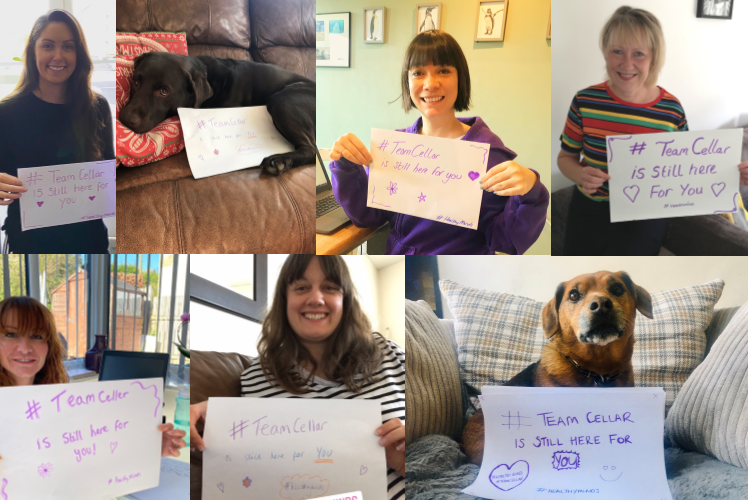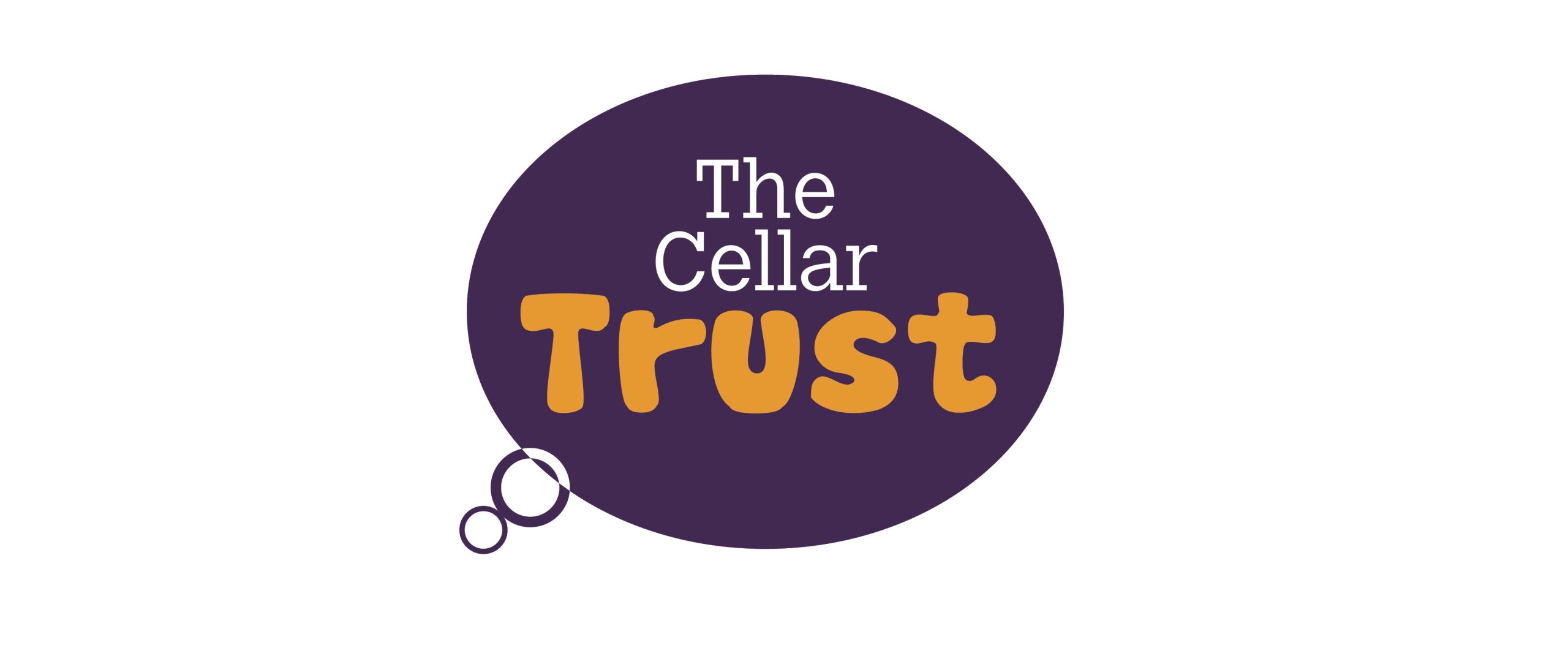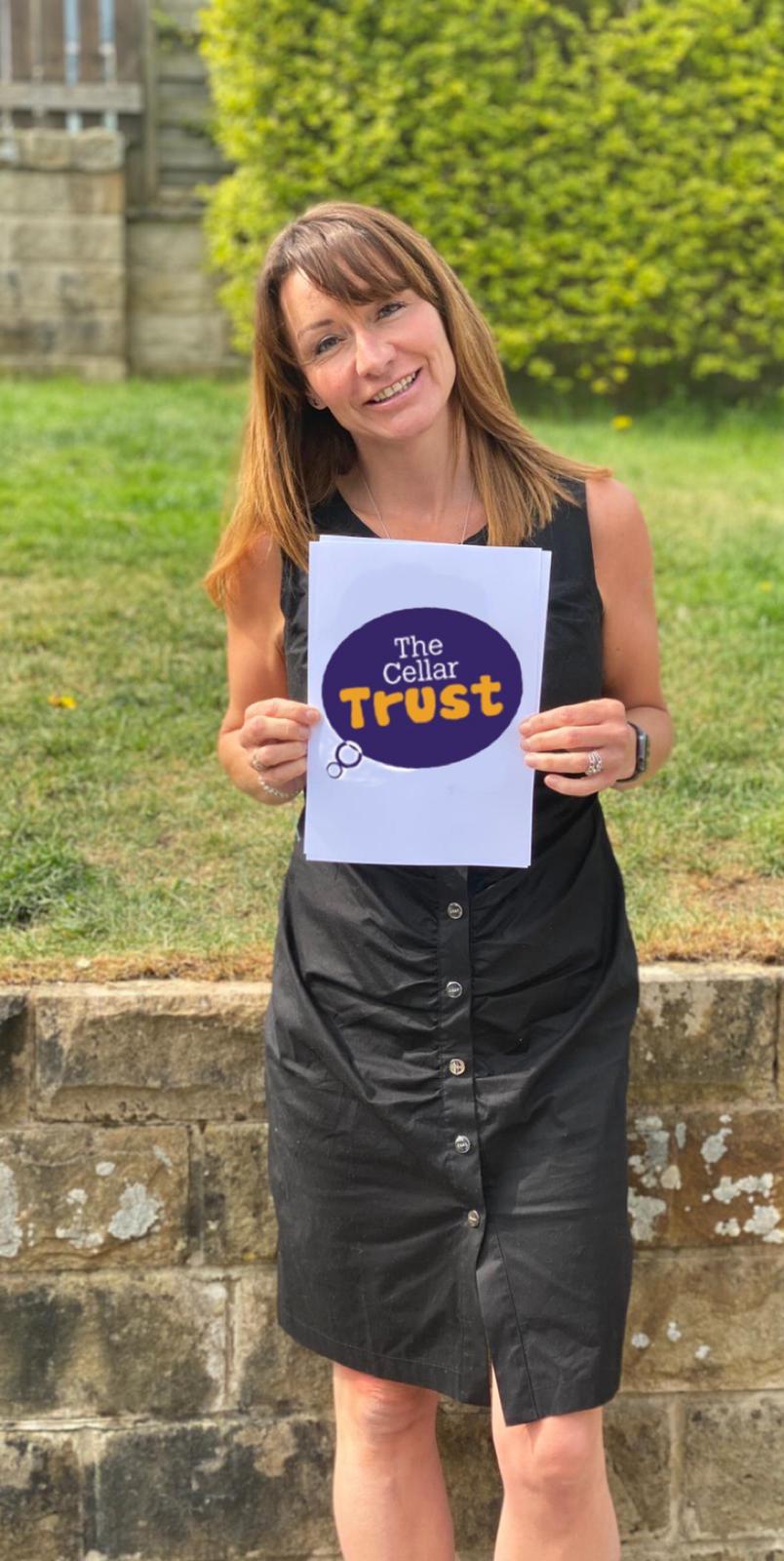Small Charity Week blog series
Being new to the sector
by Georgia Scott, Communications Lead
For Small Charity Week our Head of Client Services, Heather Tattersall, put together a fantastic piece on being in the industry for nearly fifteen years (read it here!). Today is my turn, and I’m here to talk about what it was like to be new to the charity sector when I started at The Cellar Trust just under two years ago…
I joined The Trust in September 2018, after spending around six/seven years working in Public Relations and Communications agencies. PR and PR agencies was all I knew. My day-to-day was working with a range of brands from different industries including food, travel, construction, sport, and fashion – you name it, I’d worked on it. Due to a number of reasons (which you can read more about in my recent post) I started looking for a new job and a new challenge.
I loved working in PR but I needed to go part time and find something with meaning. That’s when I found The Cellar Trust. I applied for and was successful in securing a communications and marketing role here. I knew it would be a big change, but until my first day I don’t think I realised how big it would actually be.
I remember my first week at The Cellar Trust week really well because everyone was so welcoming and helpful. Everyone, and I mean EVERYONE, was lovely. No place is perfect of course, but this kind of environment is so different and so refreshing. You walk past colleagues in the corridors and people say hello, smile, and stop for a quick catch up if they can spare two minutes. The staff room is always buzzing with conversation, and if you’re heading down to the shop for a walk you always end up with a Team Cellar buddy for the walk.
People who work for charities, especially small ones like ours, are in the business of helping people. That’s why we’re all here and why you tend to find that everyone is so genuine and kind. Different paths – whether that be personal or close experiences, and/or wanting to help others – led us all here and it means we share this common goal. This is what makes our industry and charities like ours so special.
But let’s be honest. Not everything can be all sunshine and rainbows, so of course there’s a few things to mention…
- Did I take a pay cut moving into the charity sector? Yes. The reality is that if you want to earn mega bucks, working for a charity isn’t the way to do it. But you’ll find that most people in this industry aren’t money motivated, and are here for other reasons. I may not be on the salary I was on in my PR agency days, but I’m so much happier. I can pay my bills and support myself, and still have a little something leftover at the end of every month to put away for a rainy day or save up for a holiday. I knew what I was giving up when I made this move, but I knew there was so much more to gain.
- Moving from a team to being on your own. Like Heather mentioned in her post, in our industry there aren’t huge departments with teams of 20+. We’re lucky to have one person in dedicated areas. But that’s me – I’m the only comms person at our charity. I’ve come from a place where you’re in client teams of 5+, with one particular agency being over 100 people strong. When you have this you can collaborate, share the workload, and share ideas. Without this everything is on your shoulders, which was an equally daunting and exciting opportunity for me. This was put to the test when we had a fire two months into me joining, which meant our building was closed for a month. Talk about a baptism of (literal) fire! But again, as Heather mentioned, everyone supports one another and works outside of their remit. This meant I felt comfortable discussing ideas with other people, and got to work collaboratively with department heads. This unique way of working also meant I could do the same back for others. I was able to set up a comms community group for people like me – those working for a charity as the solo comms person, or person who had comms as part of a wider role.
- Transitioning to a new industry and the charity sector comes with its challenges. Although I had experienced mental health first hand, which was a driving force in my decision-making when I moved, I was completely new to this industry. I’d never heard so many different acronyms in one day in my entire life! But I took the time to research, educate myself, learn from members of the team, and read industry blogs and magazines to get caught up. I wanted to know everything about the charity world and the mental health world so I could do my job to the best of my ability. It’s the steepest learning curve I’ve ever had, but I’ve never felt more skilled.
If you’re thinking of a career in the charity sector, just go for it! You will learn so much, meet amazing and selfless people, and go home every day knowing you made a difference. What more could you possibly ask for?




